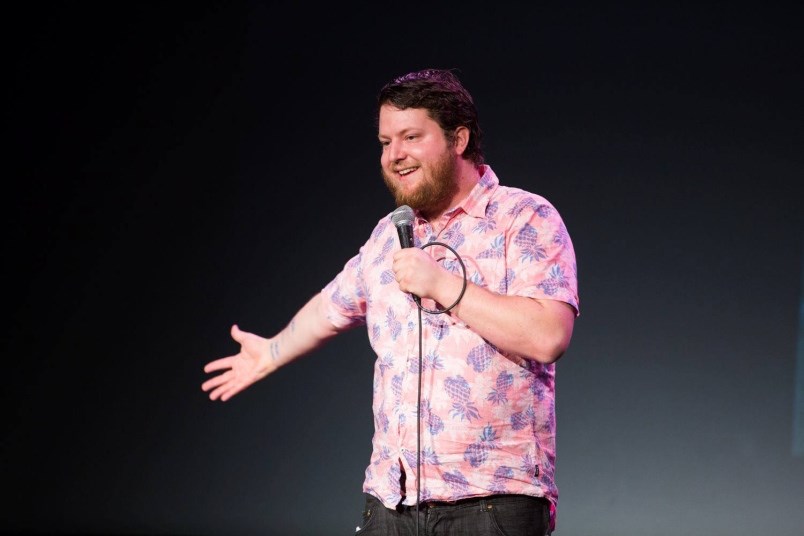By Sabrina Furminger
Riverdale was the first production to in the wake of COVID-19, but by the end of last week, virtually every other production in town had done the same.
The Ā鶹“«Ć½Ó³»film and television industry — one of the busiest and most profitable sectors in the province — is all but stalled.
No one’s arguing that these productions shouldn’t have shut down. Productions like Riverdale have upwards of 60 people on set at any given time, making social distancing virtually impossible.
Regardless, the closures have real-world consequences for film workers, many of whom are freelancers who work paycheck to paycheck and who are now, for all intents and purposes, unemployed without a safety net.
“People are scared,” said Keith Martin Gordey, president of the Union of British Columbia Performers (UBCP), an autonomous branch of the Alliance of Canadian Cinema, Television and Radio Artists, during an appearance on the YVR Screen Scene Podcast on Monday.
“They’re not only scared for their health, but they’re frightened about their livelihood, and their ability to pay rent and to buy food and keep the lights on,” he said.
While the industry shutdown is unprecedented, Gordey wouldn’t go so far as to call it an emergency.
“It’s a unique situation definitely, and it was encouraging to hear the Prime Minister say [during his press conference on March 16] that he was going to address the needs of part-time workers,” said Gordey. “The government needs to step up and help people in the gig economy. The gig economy has grown in the last decade considerably. There are people who don’t qualify for EI, because they’re not viewed as employees in the same way. That includes performers.”
UBCP/ACTRA members are eligible to apply to the Actors’ Fund of Canada (AFC) for financial support. Gordey said that the AFC received three weeks’ worth of applications over the weekend. For its part, UBCP/ACTRA has extended its annual membership dues deadline from April 1 to May 1.
“Basically on a daily basis, we look at the situation and see how we can step in and make things better and give people some comfort and support,” says Gordey.
Film workers who find themselves wrestling with mental health challenges during this period of social distancing and isolation are encouraged to utilize the services of Calltime: Mental Health (calltimementalhealth.com). The web site is the brainchild of a multi-union working group (including UBCP/ACTRA, IATSE 891, and the B.C. Branch of the Directors Guild of Canada) and provides mental health and addiction resources to those who either work in the film industry or are concerned about someone who works in the film industry.
During this period of social distancing and film industry shutdown, UBCP/ACTRA — like the other film unions — is still working for its members. Says Gordey: “We’re making sure the cheques keep going out to our members. We’re taking care of our staff, allowing some people to work from home. We’re lobbying government to make sure money flows to people in the gig economy.”
Gordey’s message to film workers who are despondent during this challenging time can be found in the work of Douglas Adams.
“Look at your copy — if you have one — of Hitchhiker’s Guide to the Galaxy, which on the cover says, ‘Don’t panic,’” says Gordey.
Just because film artists can’t gather together in large groups to make art doesn’t mean they can’t still make art.
On March 16, filmmaker and community organizer announced the launch of the Ā鶹“«Ć½Ó³»Quarantine Performance Project.
Teams of up to three people are invited to create and submit two-minute videos in the following categories: original monologue, original song, original speech or stand-up comedy routine and talent show number. Submissions are due April 3, and a live variety show will be broadcast on YouTube April 10.
McCarthy was inspired to launch VQPP after watching viral videos of quarantined people in Italy singing on their balconies. “I want to use this time for creativity and connection,” says McCarthy.
“We’re going to get through this,” adds McCarthy. “The human race is resilient.”
Learn more about the Ā鶹“«Ć½Ó³»Quarantine Performance Project at .
Listen to YVR Screen Scene Podcast’s special episode about the impact of COVID-19 on film workers on Apple Podcasts or wherever you listen to podcasts.
Read more from the



